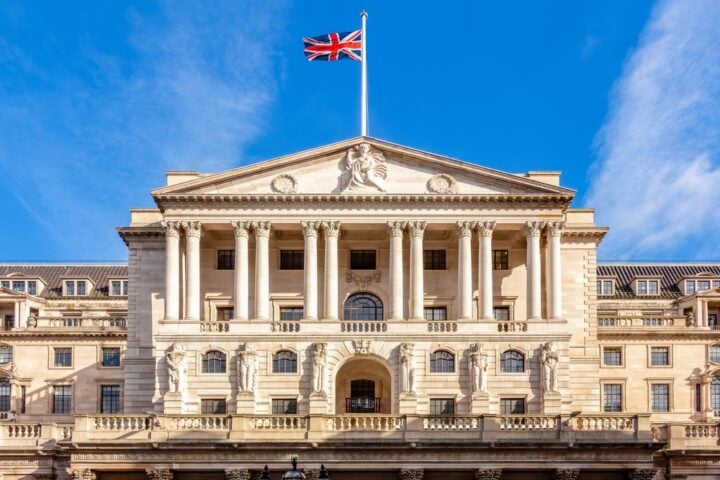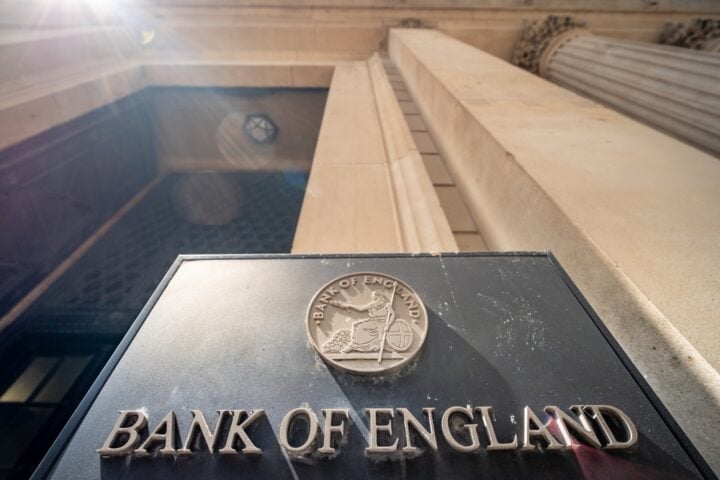UK GDP Growth Defies Expectations
The UK economy grew by 0.1% in the fourth quarter of 2024, outperforming expectations of a slight contraction, according to preliminary data released by the Office for National Statistics (ONS) on Thursday. The better-than-expected growth was driven by gains in the services (+0.2%) and construction (+0.5%) sectors, while production fell 0.8%.
Despite sluggish growth throughout 2024, GDP picked up momentum in December with a 0.4% month-on-month increase, thanks to a stronger services sector. The British pound rose 0.4% against the dollar after the data release.
Interest Rate Cuts and Inflation Concerns
The Bank of England (BoE) recently responded to slowing growth by making its first interest rate cut of 2025, lowering the benchmark rate to 4.5%. The central bank has signaled that further rate reductions may follow as inflationary pressures ease.
However, policymakers have warned that inflation could temporarily increase due to rising global energy costs and regulated price changes. The BoE now expects headline inflation to peak at 3.7% in Q3 2025 before falling to the 2% target by 2027.
Economic Outlook for 2025
Despite the fourth-quarter growth, the UK’s economic outlook remains uncertain. The BoE slashed its 2025 GDP growth forecast from 1.5% to 0.75%. Several analysts have also lowered their expectations:
- Paul Dales of Capital Economics cut his 2025 GDP growth forecast from 1.3% to 0.5%, citing high taxes and weaker overseas demand.
- Sanjay Raja of Deutsche Bank expects growth to be downgraded by at least 0.25 percentage points.
- Survey data at the start of 2025 suggests that a strong economic rebound is unlikely.
Trump’s Tariff Threats Cast a Shadow
Adding to the economic uncertainty, U.S. President Donald Trump has threatened to impose new tariffs on goods from the UK and the European Union. While he has suggested that Britain may be able to negotiate a trade deal, concerns remain over potential economic disruptions.
Chancellor Rachel Reeves has emphasized the UK’s commitment to free trade, stating that Britain is “not part of the problem” when it comes to trade imbalances. However, analysts warn that U.S. tariffs could further complicate the UK’s economic recovery.
Final Thoughts
While the UK economy avoided a contraction in late 2024, challenges remain. The BoE’s cautious approach to interest rates, combined with the risk of U.S. tariffs, could slow growth further. With inflation pressures shifting and fiscal policy under scrutiny, businesses and investors will be watching closely for developments in trade negotiations and monetary policy decisions in the months ahead.







